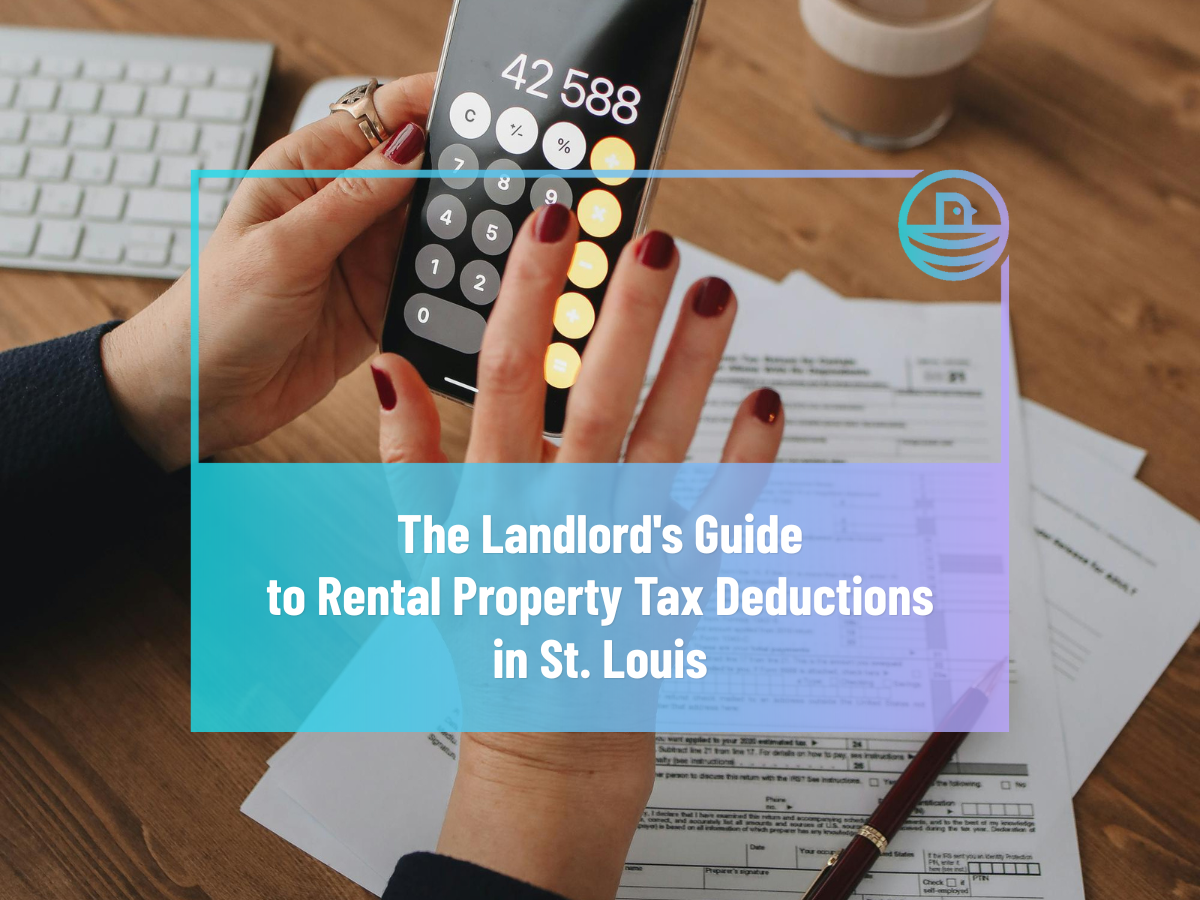St. Louis Landlord-Tenant Laws
In the bustling city of St. Louis, it is of utmost importance for landlords to have a solid understanding of landlord-tenant laws. These laws provide the framework for the landlord-tenant relationship and help ensure the protection of both parties involved. By familiarizing yourself with these laws, you can navigate potential disputes and maintain a positive and legal rental experience. This article will explore the various aspects of St. Louis Landlord-Tenant Laws, including federal regulations, landlord rights, and Missouri-specific laws. So, let's dive into the details and gain a comprehensive understanding of the legal landscape that governs the St. Louis rental market.
Introduction
Landlord-tenant laws are a set of legal guidelines designed to regulate the relationship between landlords and tenants. These laws aim to establish the rights and duties of both parties and provide a framework for resolving disputes. For landlords, having a thorough understanding of these laws helps facilitate a smooth renting process, reducing the risk of legal issues and ensuring a harmonious landlord-tenant relationship.
Federal Landlord-Tenant Laws
At the federal level, there are several laws in place that provide protection to both landlords and tenants. One such law is the Fair Housing Act (FHA). Enacted in 1968, the FHA prohibits discrimination based on race, color, national origin, religion, sex, familial status, or disability. You must adhere to these guidelines when screening applicants, setting rental criteria, and making decisions regarding tenancy.
In addition to the FHA, there are other federal laws you must also be aware of. These include the Americans with Disabilities Act (ADA), which prohibits discrimination against individuals with disabilities, and the Fair Credit Reporting Act (FCRA), which outlines the rules for collecting and using consumer credit information.
Furthermore, it is important to understand the implications of the Uniform Residential Landlord and Tenant Act (URLTA), which has been adopted in part by many states. The URLTA provides a comprehensive set of guidelines for both landlords and tenants regarding rental agreements, security deposits, repairs, and evictions. Familiarize yourself with the specific provisions of the URLTA in Missouri to ensure compliance with the law.
Another key federal law that you should be familiar with is the Housing and Urban Development (HUD) guidelines for subsidized housing. These guidelines outline the requirements for landlords participating in government-subsidized housing programs, such as Section 8. You must follow these guidelines to ensure that you are providing safe and affordable housing to low-income tenants while also complying with federal regulations.
St. Louis Landlords' Rights
While tenants have certain rights, it is equally important to understand that landlords also have rights under St. Louis law. These rights are in place to ensure that you can effectively manage your rental properties while protecting your investments. Some of the key rights of St. Louis landlords include the right to:
- Collect rent on time and take legal action against tenants who fail to pay rent.
- Screen tenants and choose the most qualified applicants for their rental properties.
- Access the rental property for maintenance and repairs, as long as proper notice is given.
- Enforce lease agreements and take legal action in the event of lease violations.
- Set rules and regulations for their rental properties, like restrictions on pets, noise levels, and smoking within the rental units.
In addition to their rights, St. Louis landlords are responsible for maintaining their rental properties in a habitable condition. This includes ensuring that the property meets all health and safety codes, making necessary repairs in a timely manner, and providing essential services such as heating, plumbing, and electricity. Failure to uphold these responsibilities can result in legal consequences.
Missouri Landlord-Tenant Laws
In addition to federal regulations, landlords in St. Louis must also adhere to Missouri-specific landlord-tenant laws. These laws further outline the rights and responsibilities of landlords and tenants in the state. Some of the key areas covered by Missouri law include:
- Security deposits: Missouri sets specific regulations on how landlords handle security deposits, including the timeframe for returning the deposit after tenants move out.
- Lease requirements: Missouri law requires that a written lease agreement is provided to tenants for rental periods longer than one year.
- Repairs and maintenance: Landlords are responsible for maintaining the property in compliance with applicable health and safety codes.
- Evictions: Missouri law provides guidelines for eviction proceedings and the appropriate steps landlords must take to legally remove a tenant.
By familiarizing yourself with Missouri's landlord-tenant laws, you can ensure that you are operating within the legal framework and avoid unnecessary disputes.
Conclusion
Understanding St. Louis Landlord-Tenant Laws is essential for both landlords and tenants. By being well-versed in the regulations at both the federal and state levels, you can navigate the rental market with confidence, knowing your rights and responsibilities. Moreover, this knowledge enables you to provide a safe and enjoyable living experience for your tenants while safeguarding your own interests. So, take the time to familiarize yourself with the laws and regulations that govern the landlord-tenant relationship in St. Louis, and ensure a positive and legally compliant rental experience for all.
A professional property management company can help you navigate all the complexities of landlord-tenant law and more. Ready to get started? Contact our local team today!











































